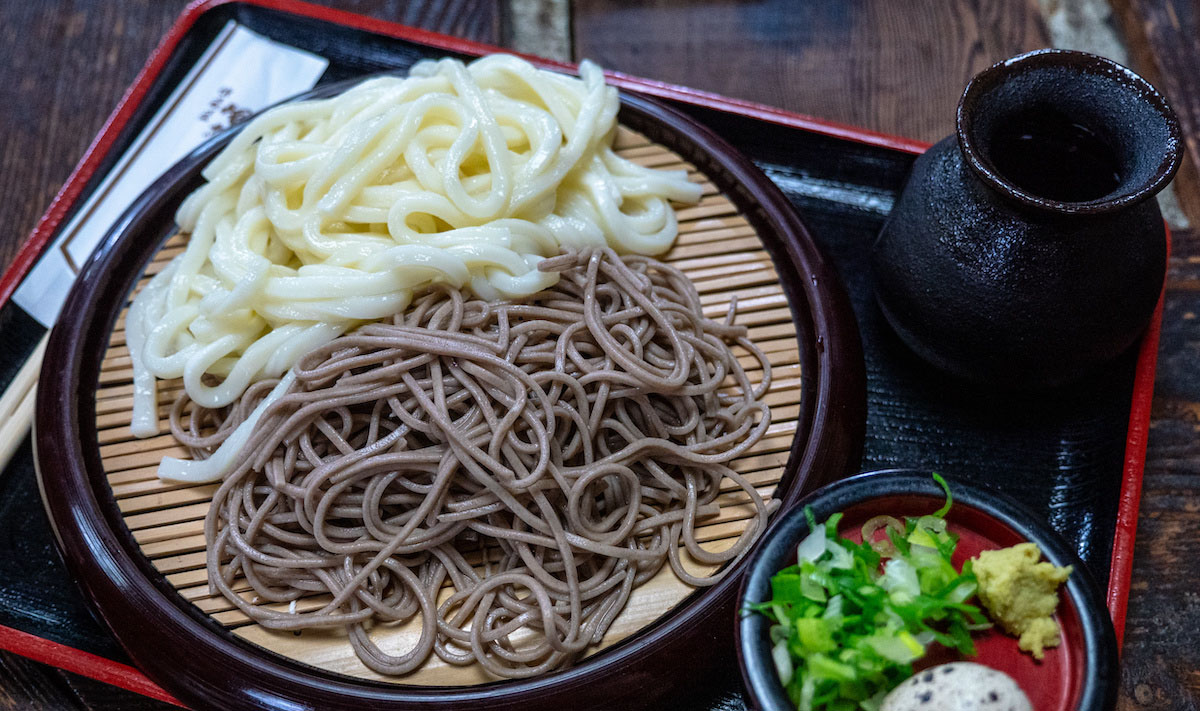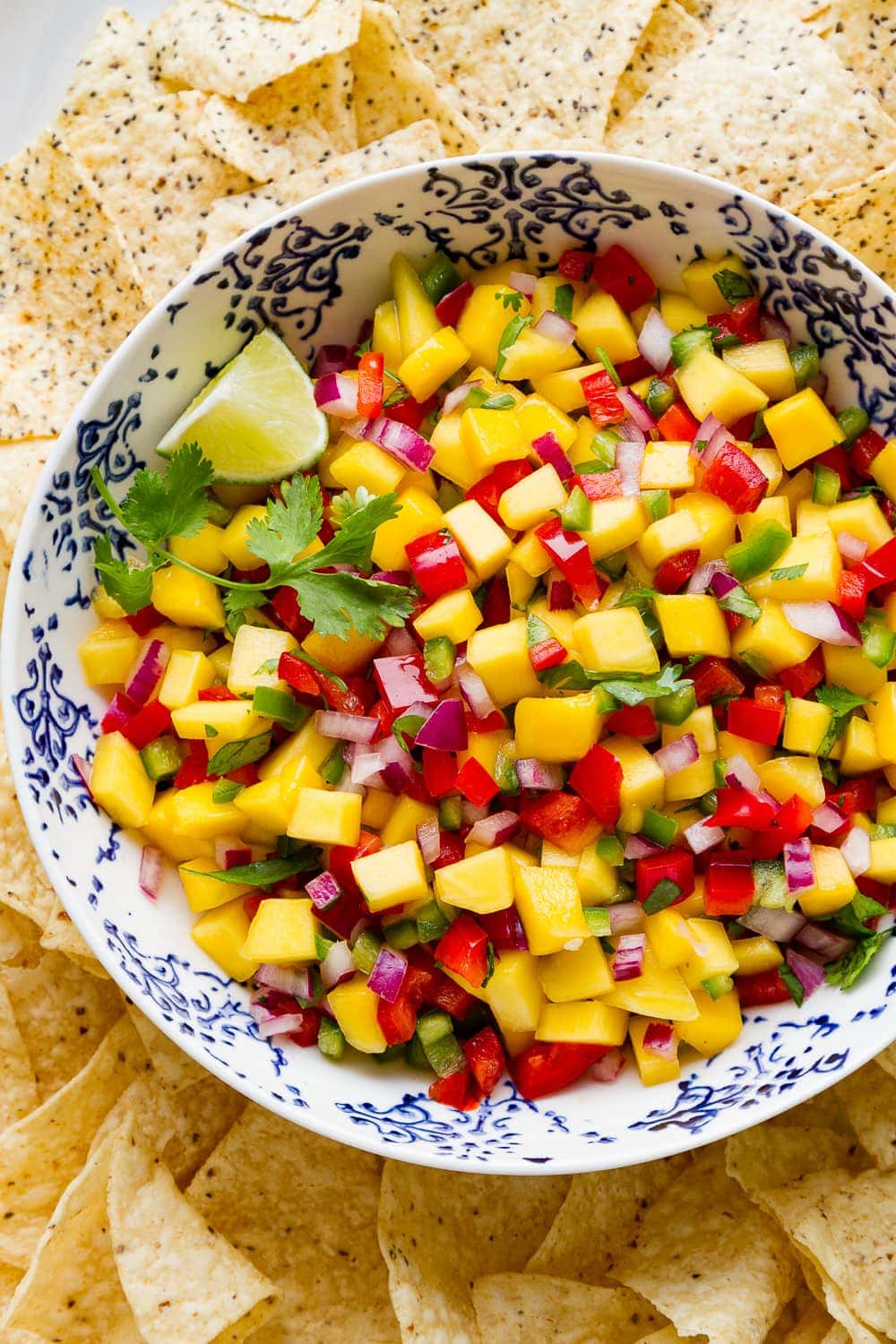Understanding Canola Oil and Vegetable Oil
When it comes to cooking, oils play a crucial role in enhancing the flavor and texture of our favorite dishes. Two popular choices for cooking oils are Canola oil and Vegetable oil. While they may seem similar, there are some key differences between the two that are important to consider when choosing the right oil for your culinary needs.
Canola Oil
Canola oil is derived from the seeds of the canola plant, which is a type of rapeseed. The name “canola” actually stands for “Canadian oil, low acid,” and it was developed through traditional plant breeding to create a healthier oil. Canola oil has a mild flavor and a high smoke point, making it suitable for a wide range of cooking methods, including frying, baking, and sautéing. It is also known for its low levels of saturated fat and high levels of heart-healthy monounsaturated fats.
Vegetable Oil
Vegetable oil, on the other hand, is a blend of various plant-derived oils, such as soybean, corn, sunflower, safflower, and palm oils. This versatile oil is often used in both cooking and baking due to its neutral flavor and high smoke point. However, it’s important to note that the exact composition of vegetable oil can vary depending on the manufacturer and the specific blend of oils used.
Key Differences
While both Canola oil and Vegetable oil are commonly used in cooking, there are several differences between the two:
- Source: Canola oil is specifically derived from the seeds of the canola plant, while vegetable oil is a blend of different plant-derived oils.
- Flavor: Canola oil has a mild flavor, whereas vegetable oil has a neutral taste.
- Nutritional Profile: Canola oil is known for its low levels of saturated fat and high levels of monounsaturated fats, while the nutritional profile of vegetable oil can vary depending on the specific blend of oils used.
- Smoke Point: Canola oil has a higher smoke point compared to most vegetable oils, making it more suitable for high-heat cooking methods.
Choosing the Right Oil
When it comes to choosing between Canola oil and Vegetable oil, it ultimately comes down to personal preference and the specific cooking needs of a recipe. If you’re looking for an oil with a mild flavor and high smoke point for frying or sautéing, Canola oil may be the better choice. On the other hand, if you need a neutral-tasting oil for baking or general cooking purposes, vegetable oil could be the more suitable option.
It’s important to consider the smoke point, flavor, and nutritional content of the oil when making your decision. Both oils have their own unique characteristics and can be used in a variety of culinary applications.
Conclusion
While Canola oil and Vegetable oil are both popular choices for cooking, they have distinct differences in terms of their source, flavor, nutritional profile, and suitability for various cooking methods. Understanding these differences can help you make an informed decision when selecting the right oil for your culinary endeavors.
Whether you’re whipping up a stir-fry, baking a batch of cookies, or simply sautéing vegetables, the choice between Canola oil and Vegetable oil can have a significant impact on the outcome of your dish. By considering their unique attributes, you can elevate your cooking and create delicious meals with the perfect oil for the job.
Was this page helpful?
Read Next: What Is Back Bacon?











